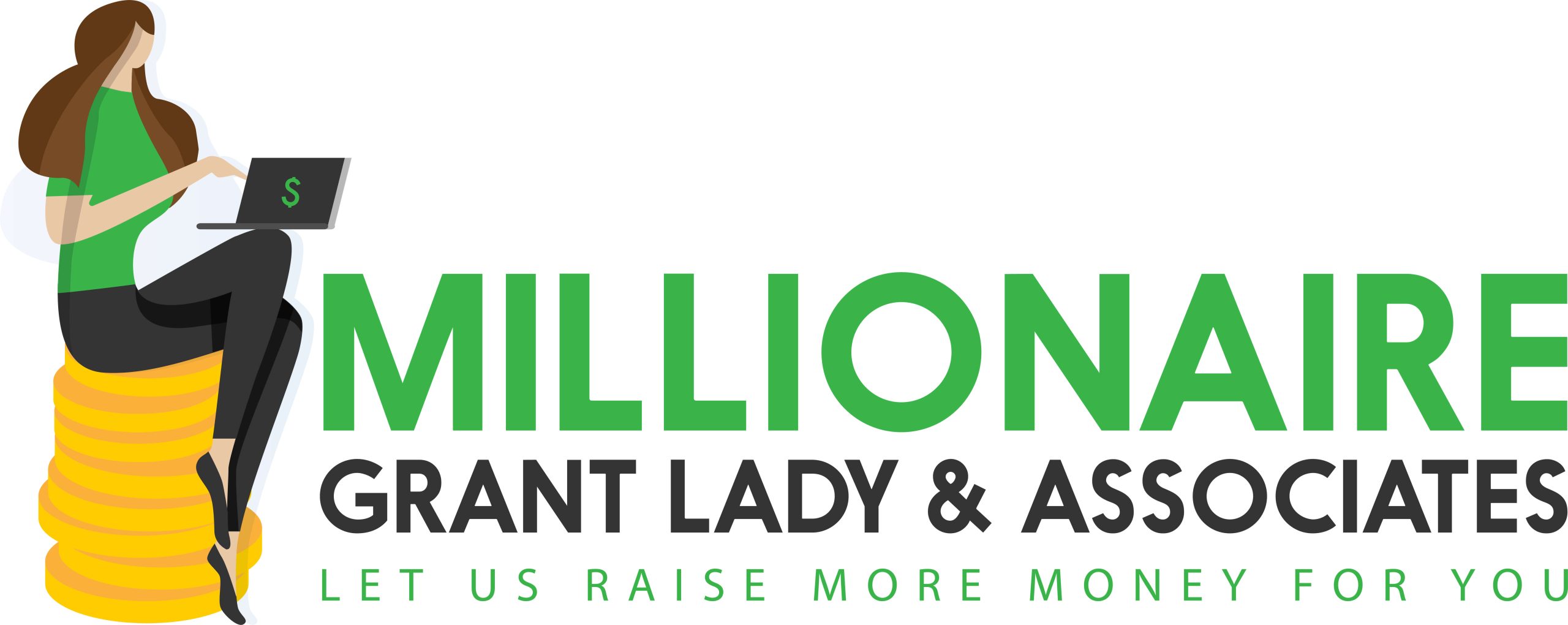Top 3 Nonprofit Grant Acquisition Strategies
We love helping nonprofit organizations win grants!
When one of our clients attains a top-level grant after a highly competitive process, we celebrate! (My celebration of choice is Waffle Fries and an Arnold Palmer).
Texas Network of Youth Services (TNOYS) was recently awarded a $2 million Youth Homelessness System Improvement (YHSI) Grant from the U.S. Department of Housing and Urban Development (HUD). TNOYS was one of 38 recipients across 26 states, Puerto Rico, and Guam, who were awarded $51.1 million in total.
The kicker? The highest individual award — which TNOYS received — was $2 million.
Millionaire Grant Lady and Associates is incredibly proud of our efforts to help our client win such a significant grant in a highly competitive process. TNOYS serves young people ages 0-24 in Texas who are at risk for abuse or neglect, criminal justice system involvement, or homelessness.
Its mission is to strengthen services and support for Texas youth and families to help them overcome challenges and achieve healthy development. We look forward to watching TNOYS transform the lives of young people through the opportunities this grant makes available.
Wondering how your organization can break through heavy competition to capture grant awards? We recommend three strategies:
- Pursue a good match for your mission.
- Demonstrate strong understanding of the need in your geographic area.
- Focus on impact.
- Conclusion.
Nonprofit Grant Strategy: Match Your Mission
Effective searches for funding sources are the first step to success. To find the best fit, sometimes it can be beneficial to hire a grant consultant to identify opportunities and suggest funding requests.
For federal grants especially, closely reading sections that discuss required activities usually yields the most beneficial information. If the grant’s request for proposals outlines specific actions that are necessary if the grant is awarded and you are already completing all or most of them in the course of executing your mission — you’ve found an ideal match.
Also, if the grant’s required activities include steps or services that coincide with actions your organization has planned for the future, but you currently have limited resources to execute, the grant could also be an excellent match because it could provide the funding you are looking for to expand your organization’s reach.
Winning Grant Proposals: Nonprofits Know Location-Specific Needs
Funders may indicate strong interest in one highly specific geographical area. Some state and federal grants focus on a particular type of area (such as rural or urban).
To help you secure more funding, you will need to demonstrate that you have a good understanding of the targeted geographical area. Use data to show you know and understand who lives in this area and the unique challenges they face.
But even for large federal grants that may not focus on one location, you can still you’re your organization’s in-depth knowledge and awareness of the location you serve by including the following kinds of information:
- Demographic information
- State, county, or city-level funding support for the cause under discussion
- Recent local trends or changes involving the problem your proposal is addressing
If your organization regularly partners with local businesses, nonprofits, schools, churches, or other organizations to fulfill your mission, name them! This also generates a sense of familiarity and common ground with funders who actively contribute to work in your area.
Effective Grant Proposals Focus on impact
Your program might have the strongest design and most flawless execution of any in your field. You might have exceptional employees and the most dedicated volunteers. If so, you should feel a lot of pride — and understandably, any grant writer could be tempted to highlight those facts.
However, the best grant writers know that the best way to demonstrate the effectiveness of your program is to emphasize the results and accomplishments your organization has achieved. Otherwise, it can become easy to fall into a discussion of details that, ultimately, might not matter to a grant reviewer.
To highlight your impact, focus on answering the question: What difference has your organization generated in your community? If the narrative of your proposal showcases what you do best, it will inevitably describe who your organization is at its heart.
Ready to Pursue Grant Funding?
If you’ve been applying to smaller grants, but are looking for support in pursuing opportunities to gain more significant funding, reach out to us today. We offer a free consultation to help you determine what options might be best for you.



